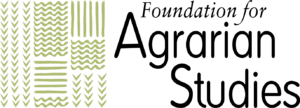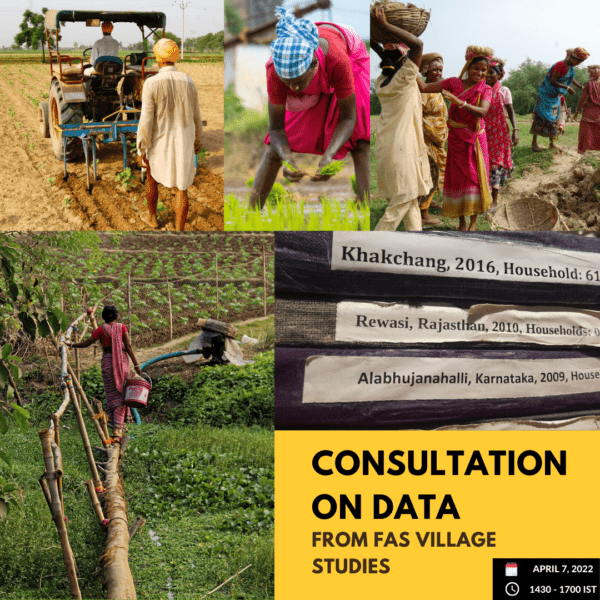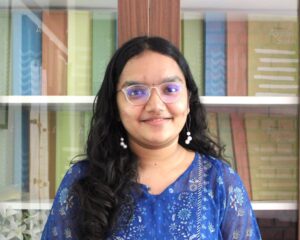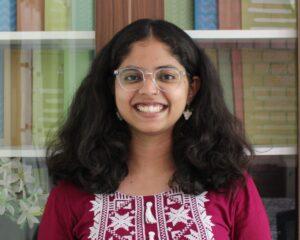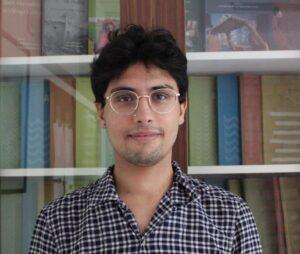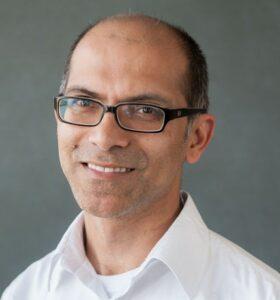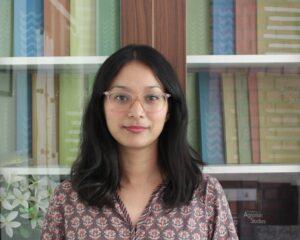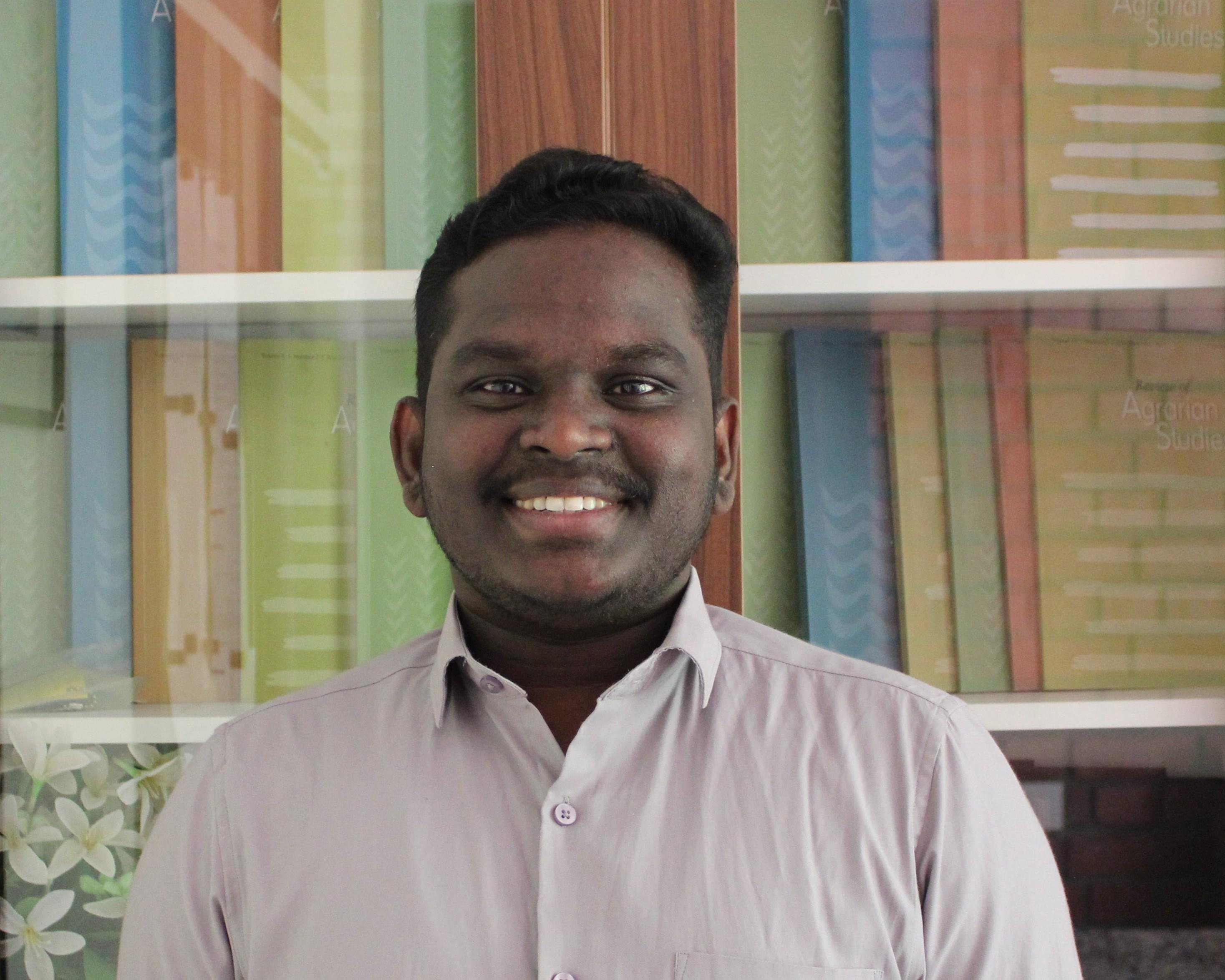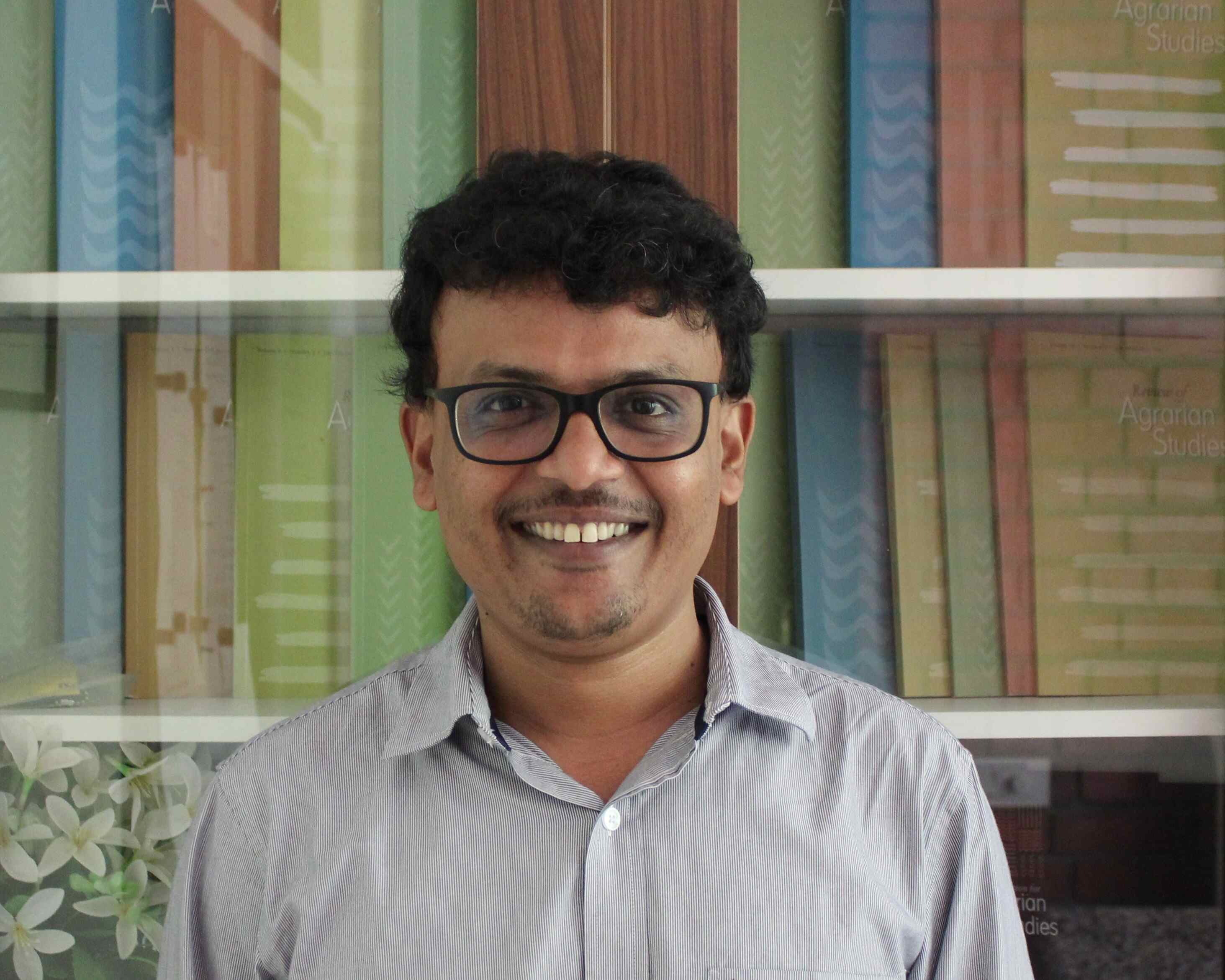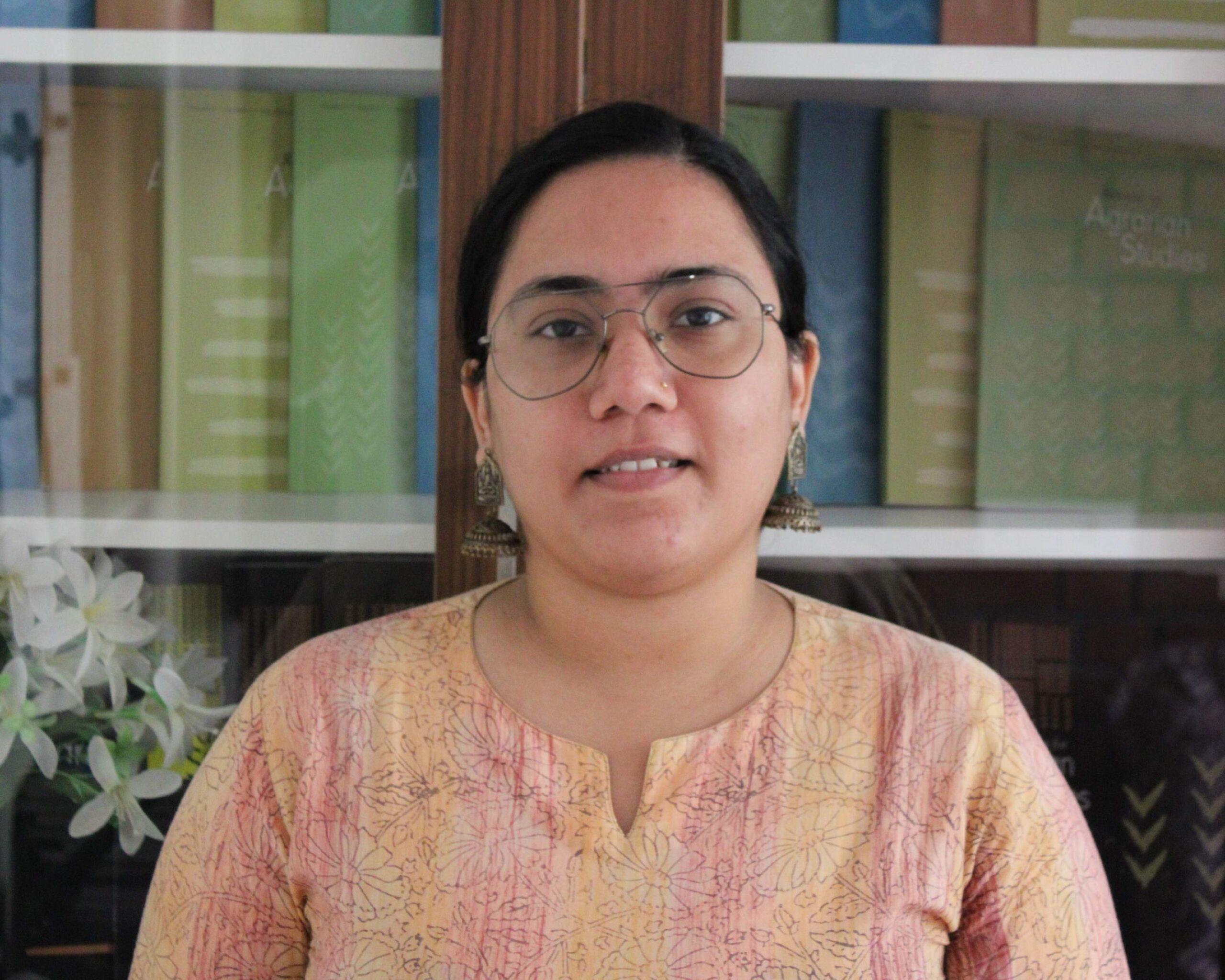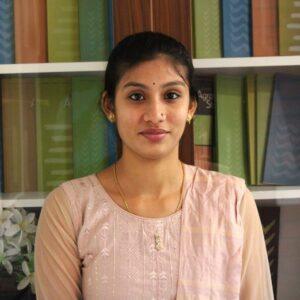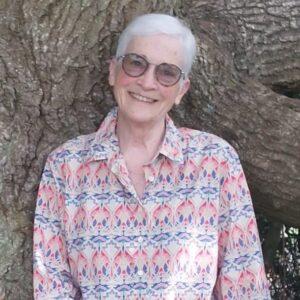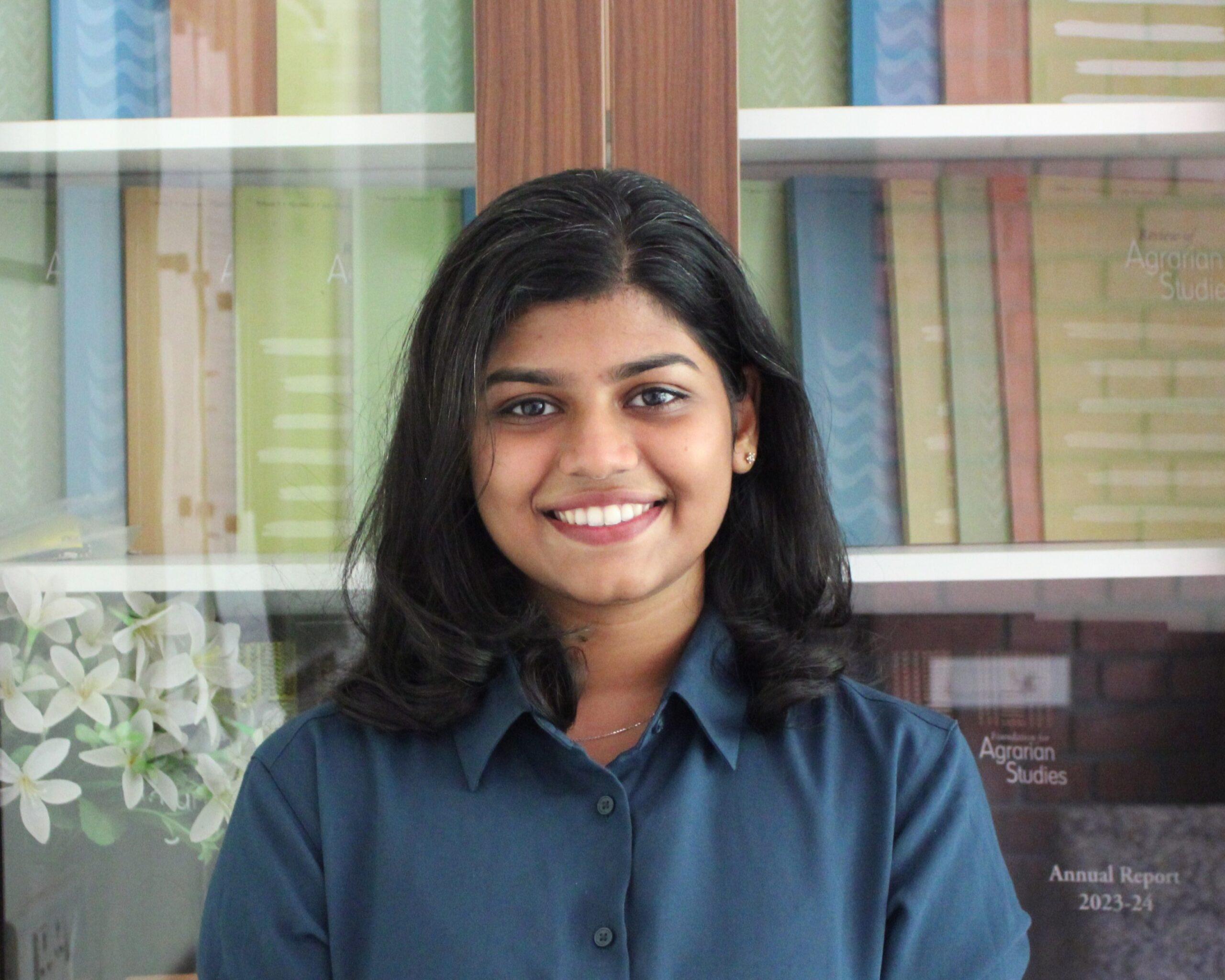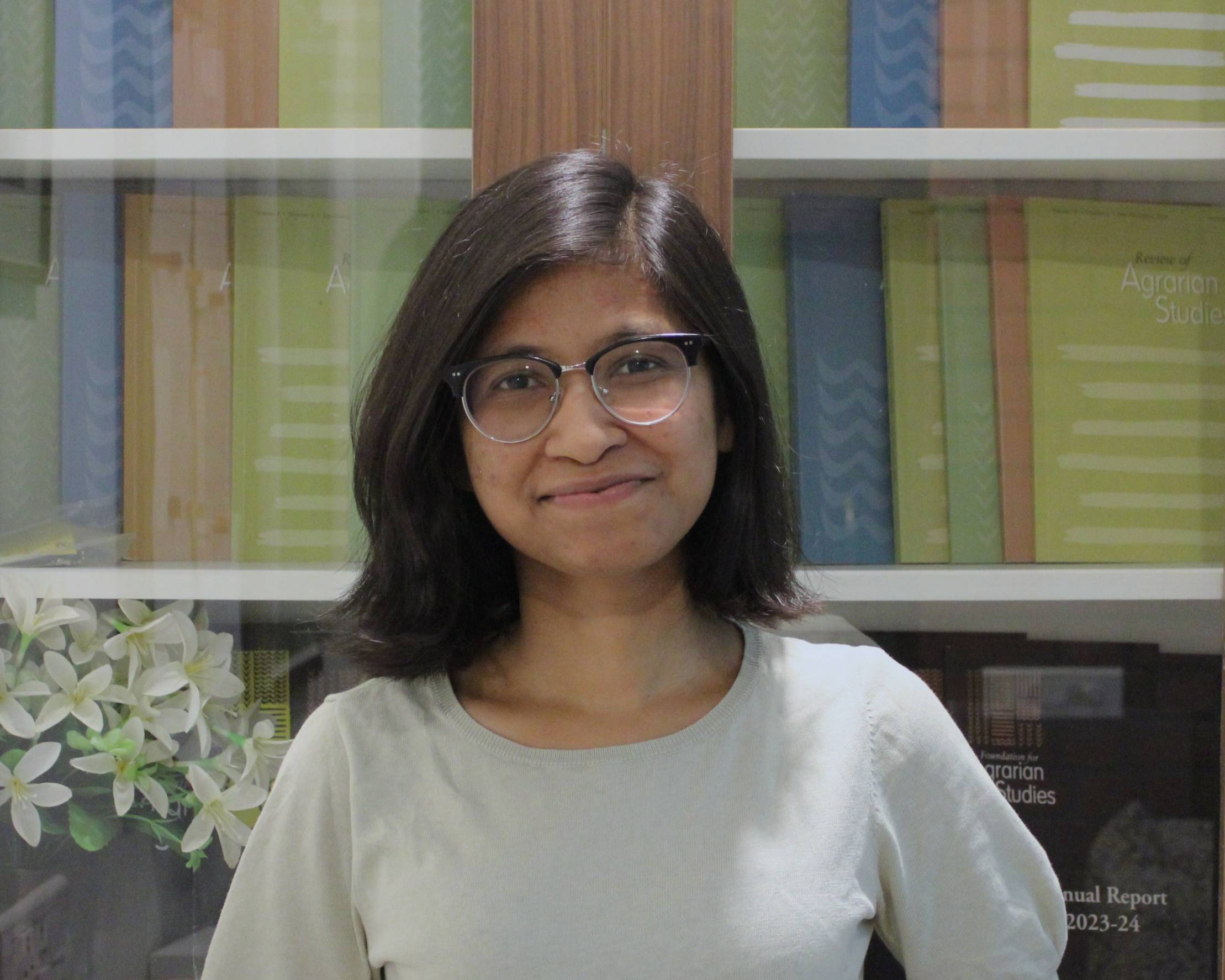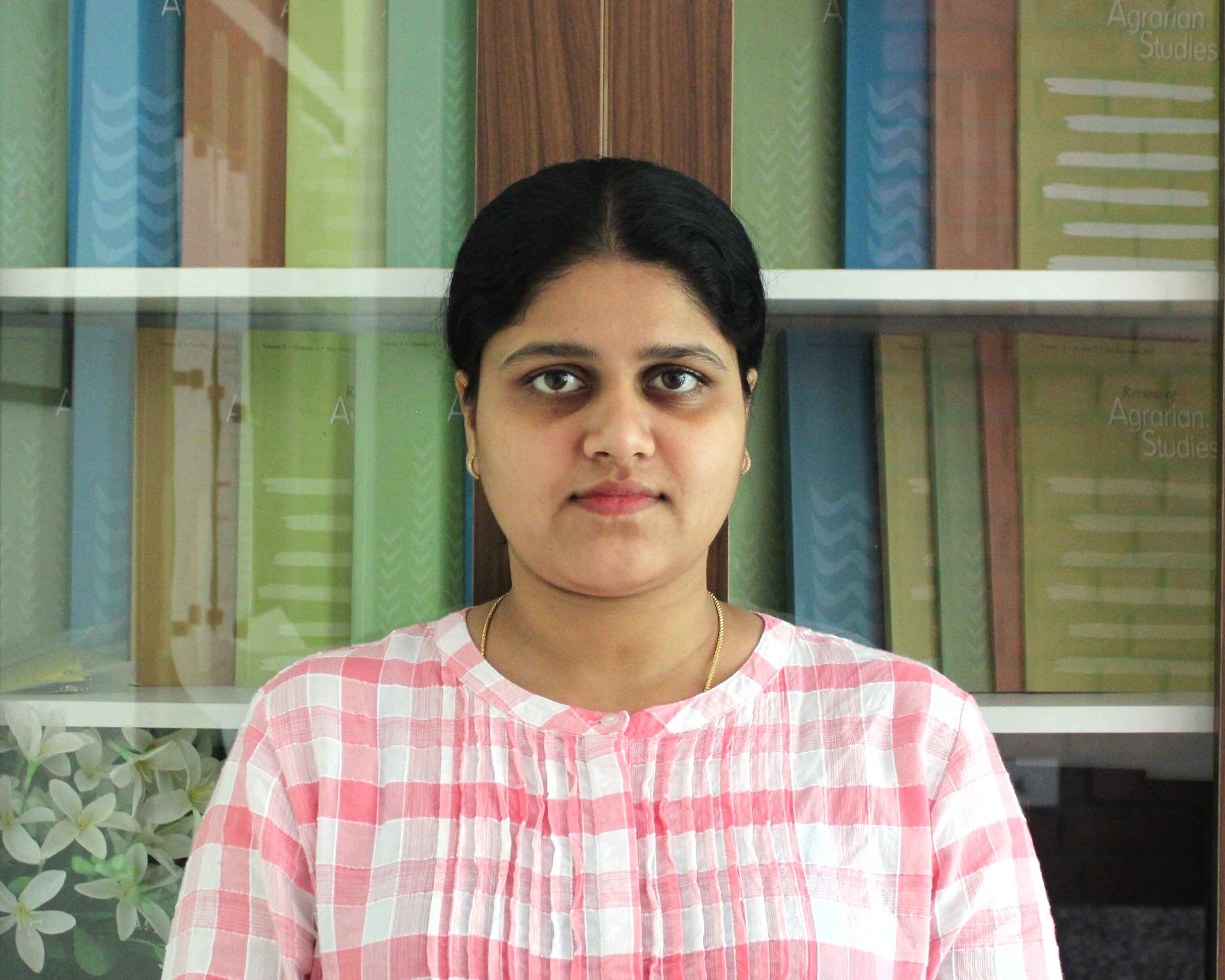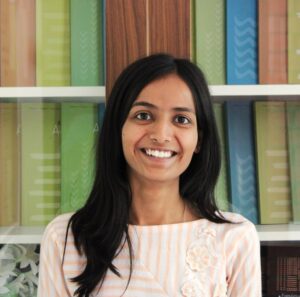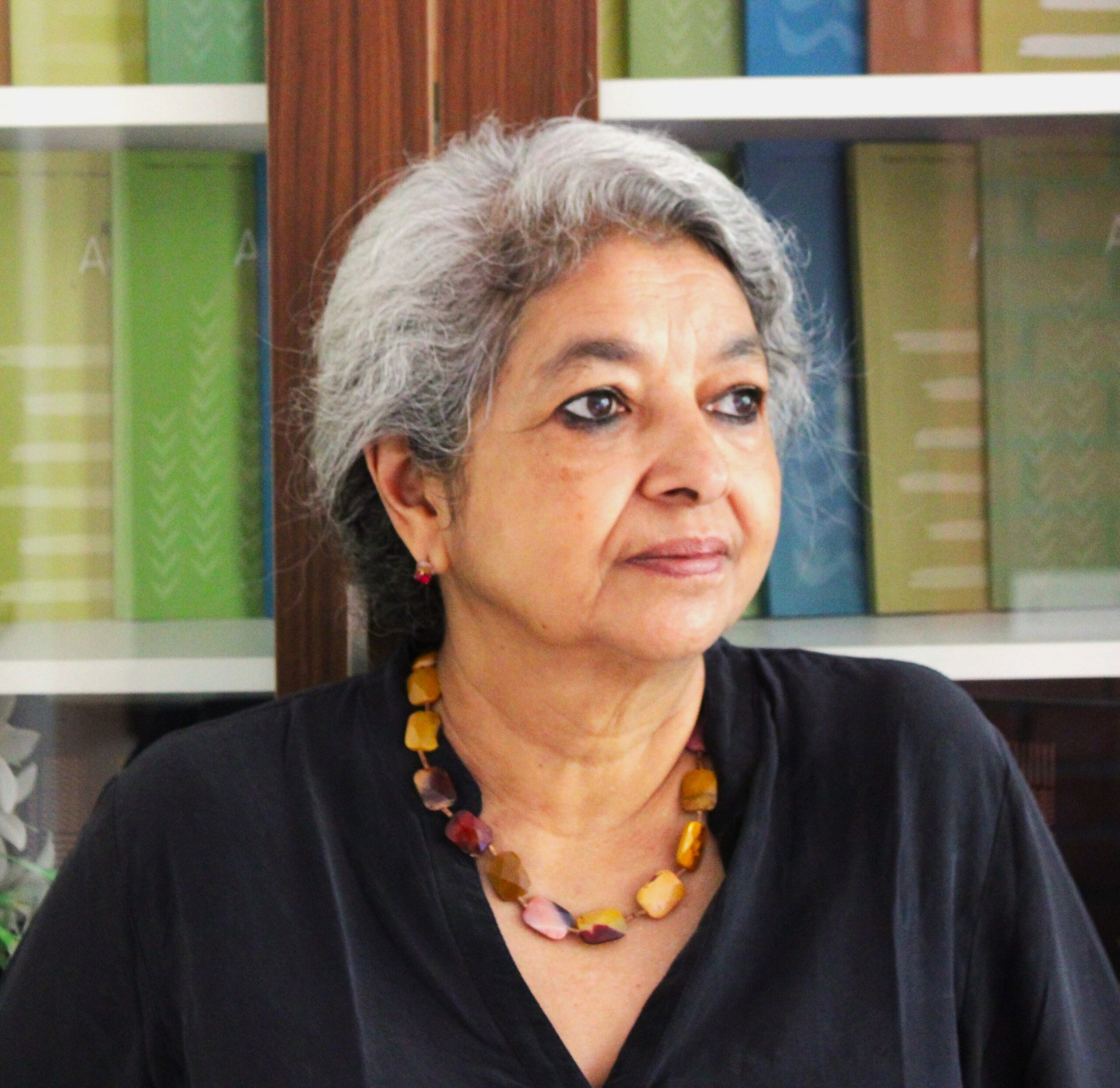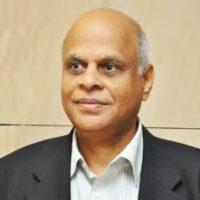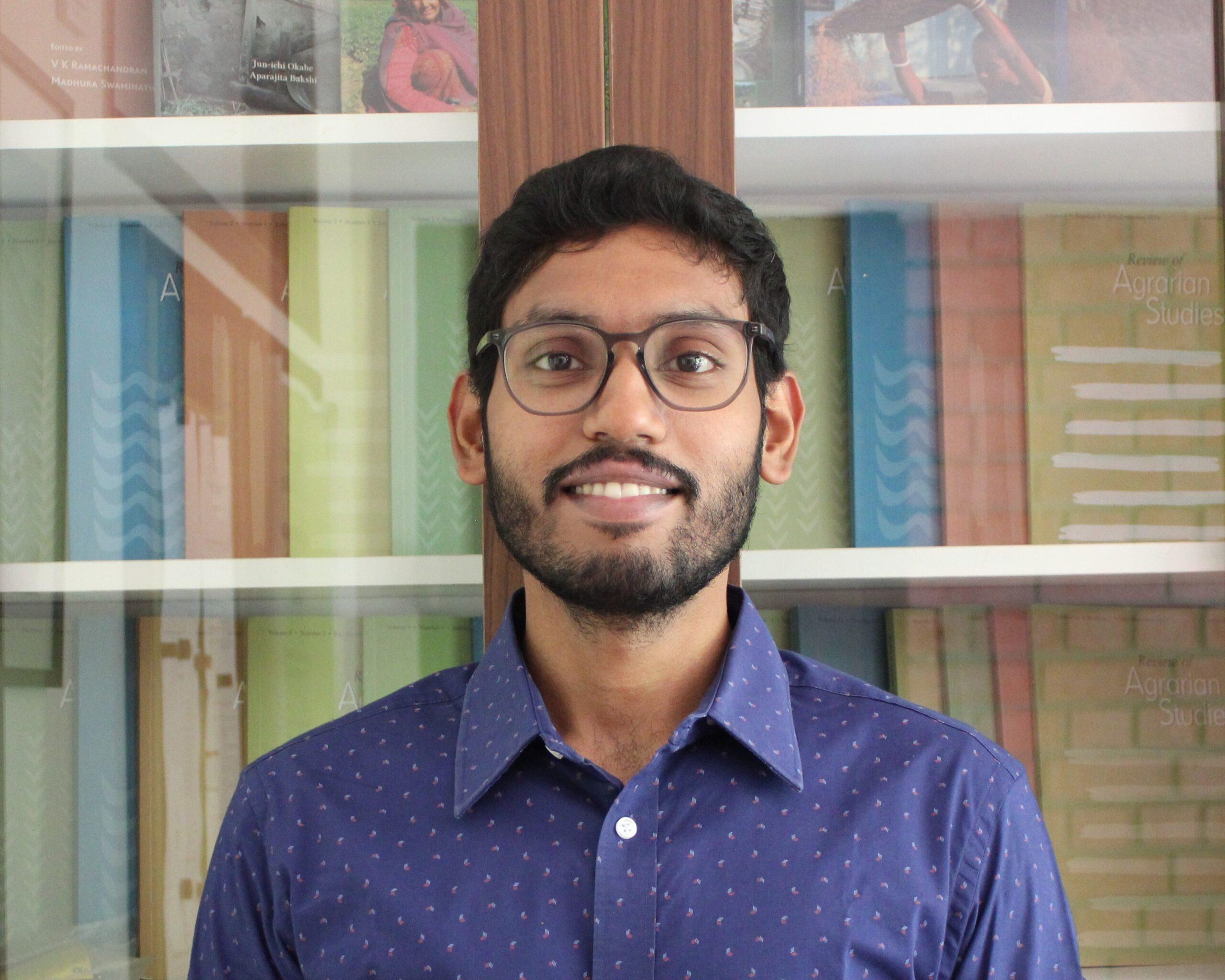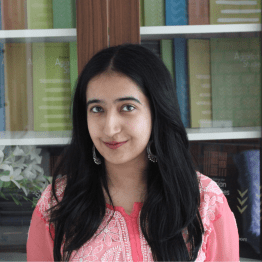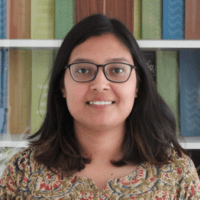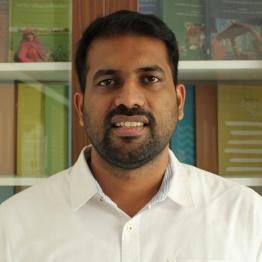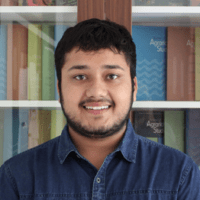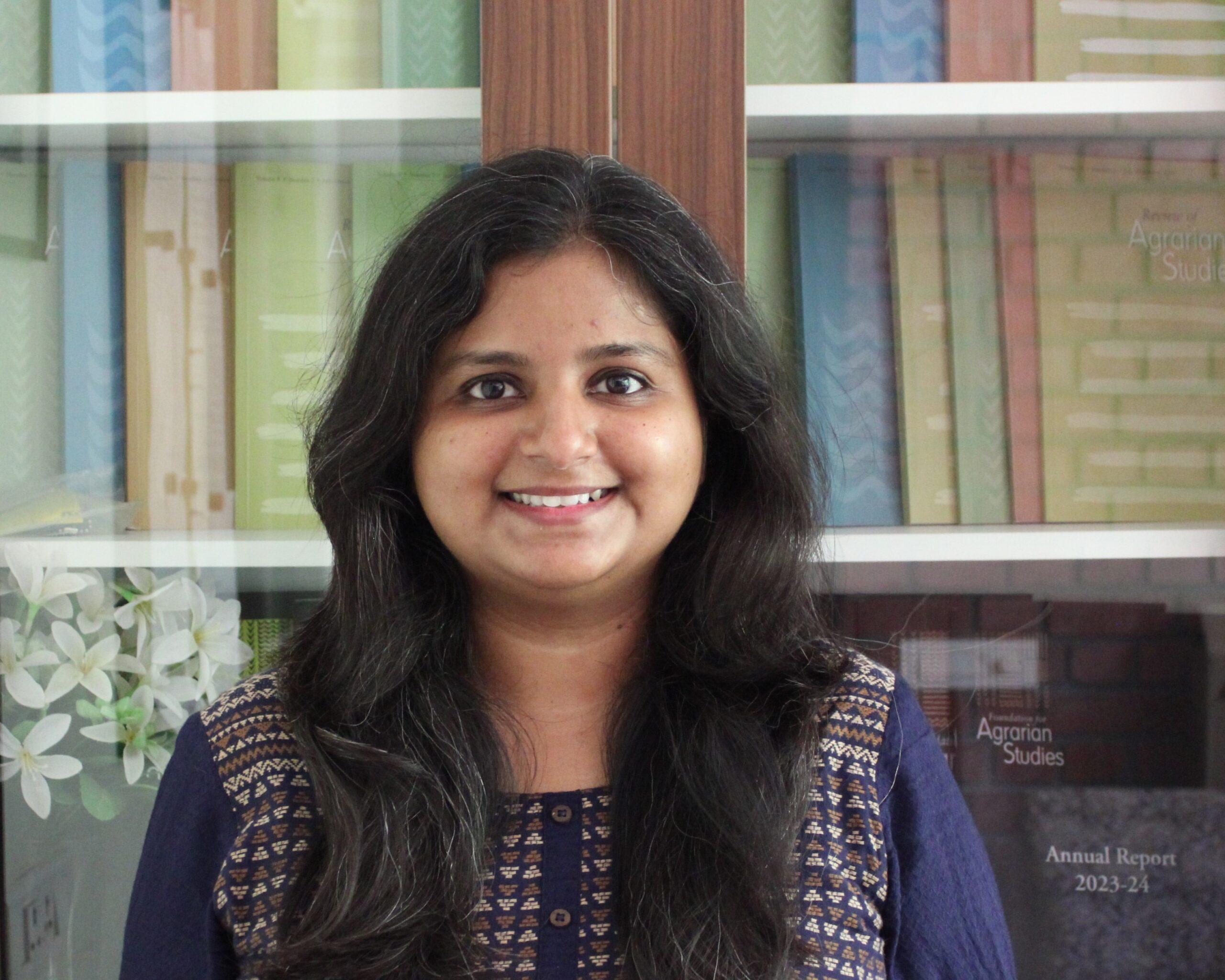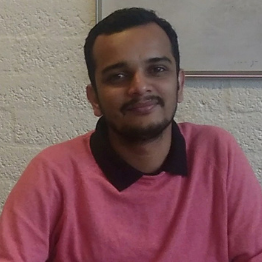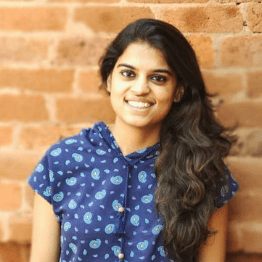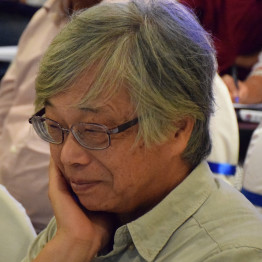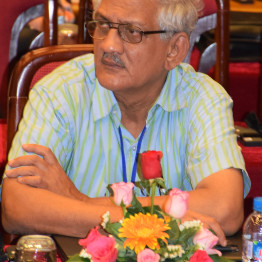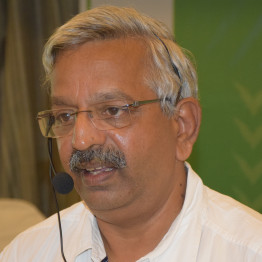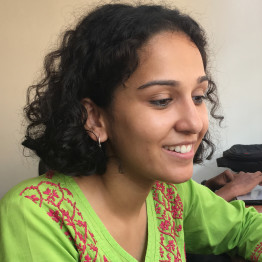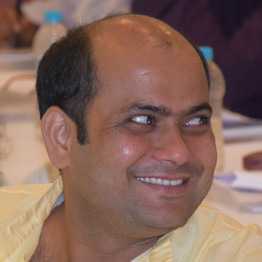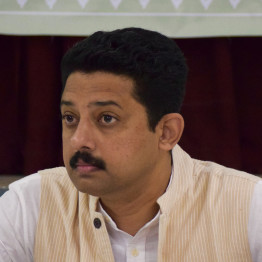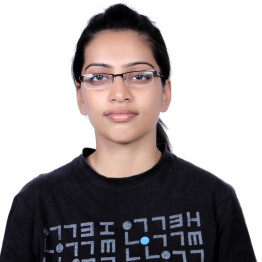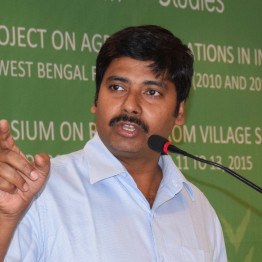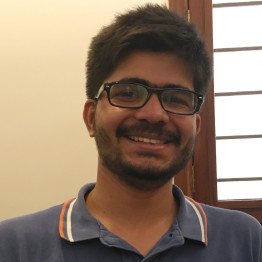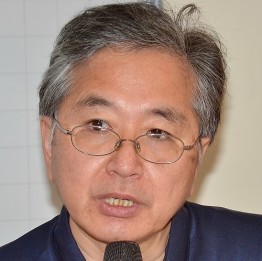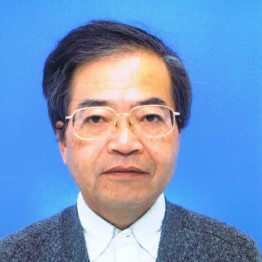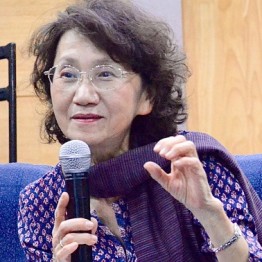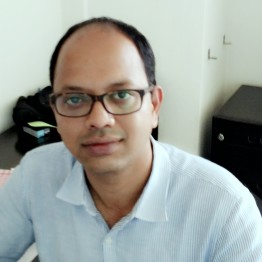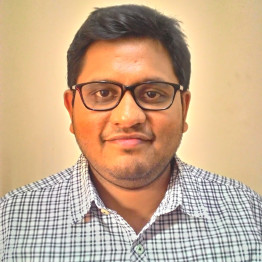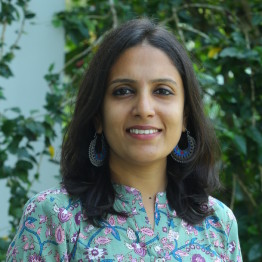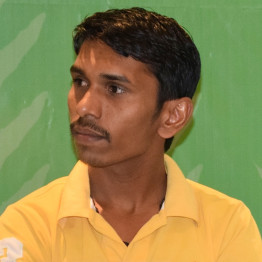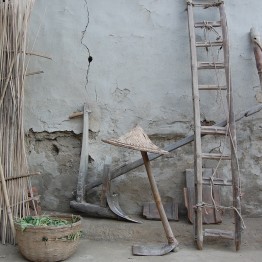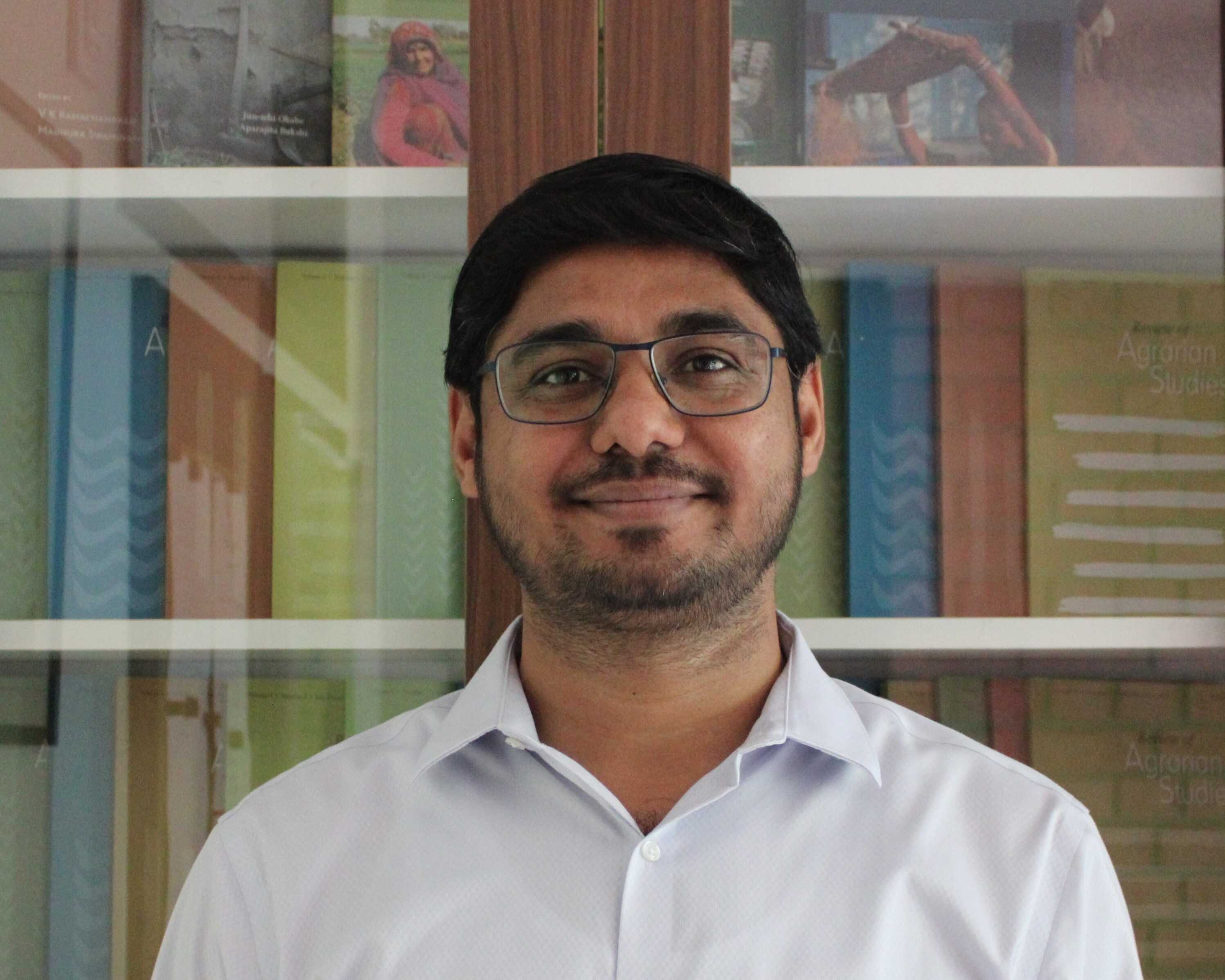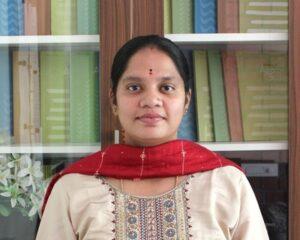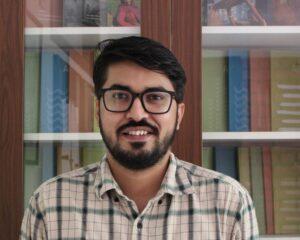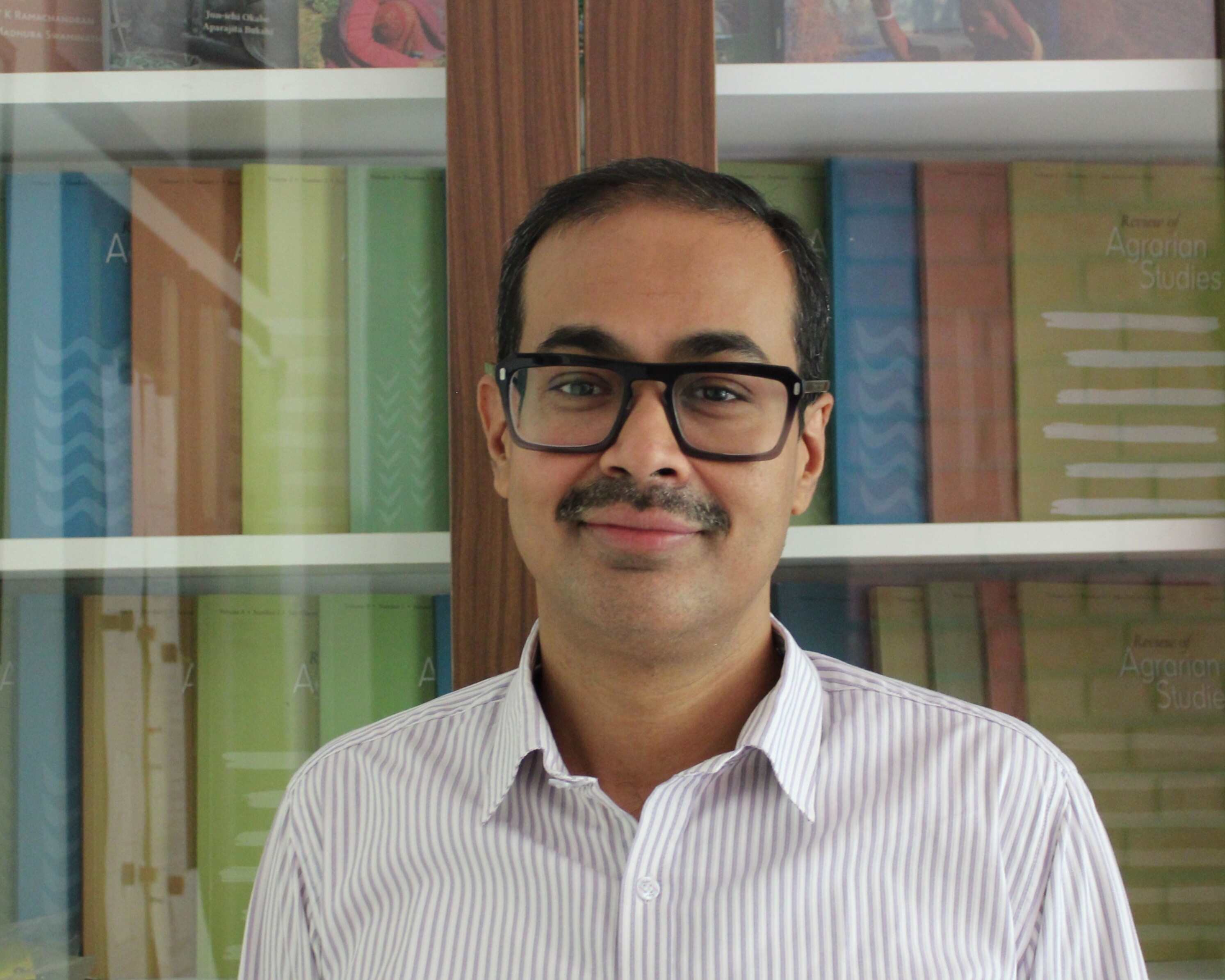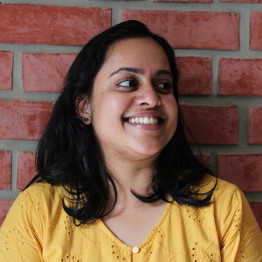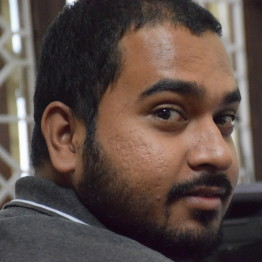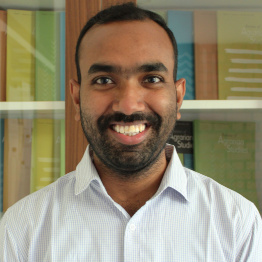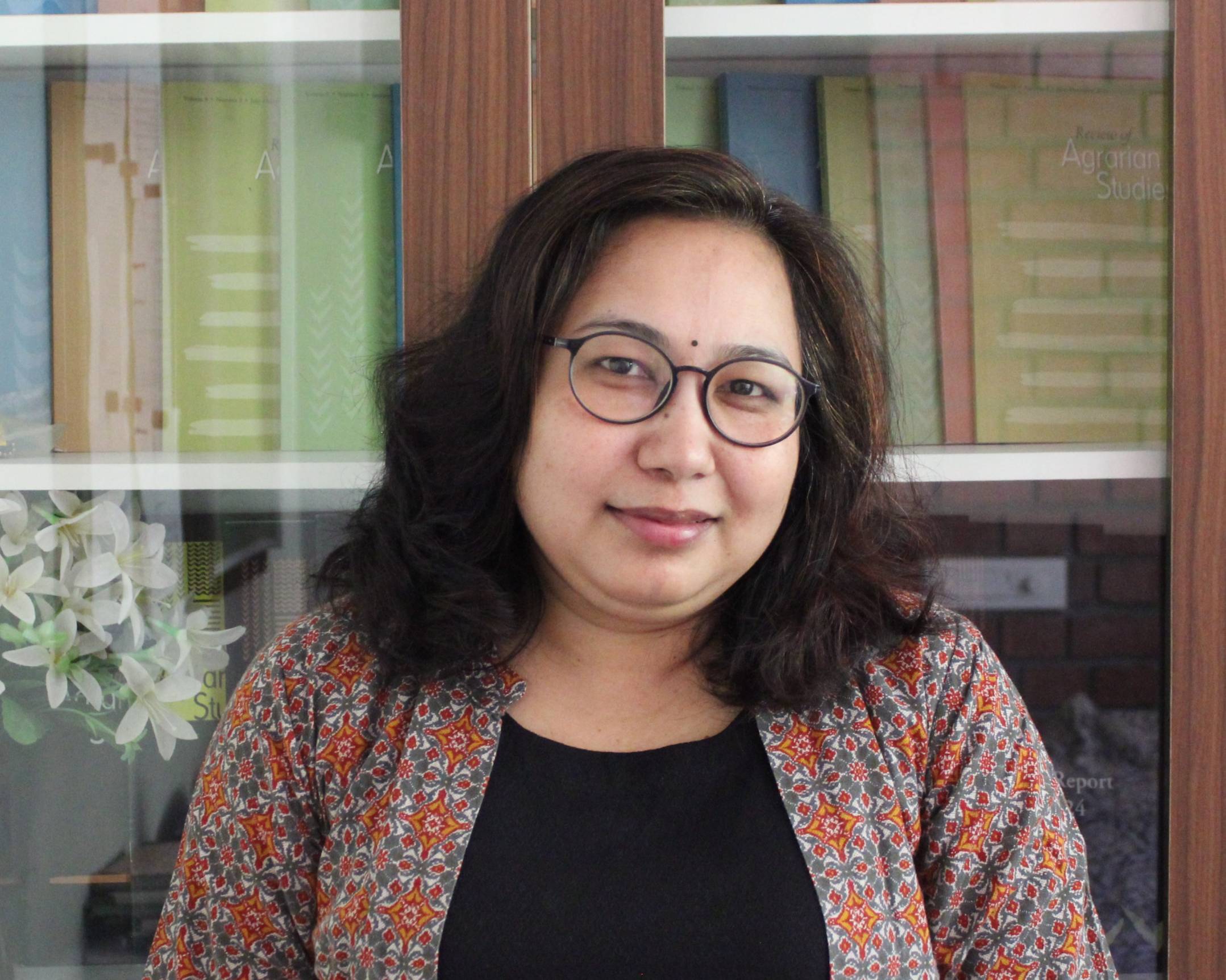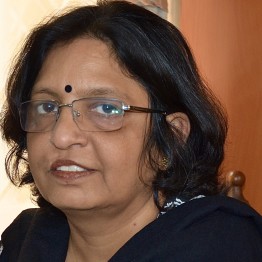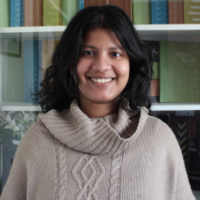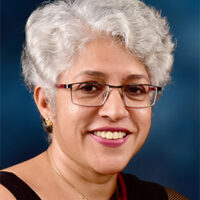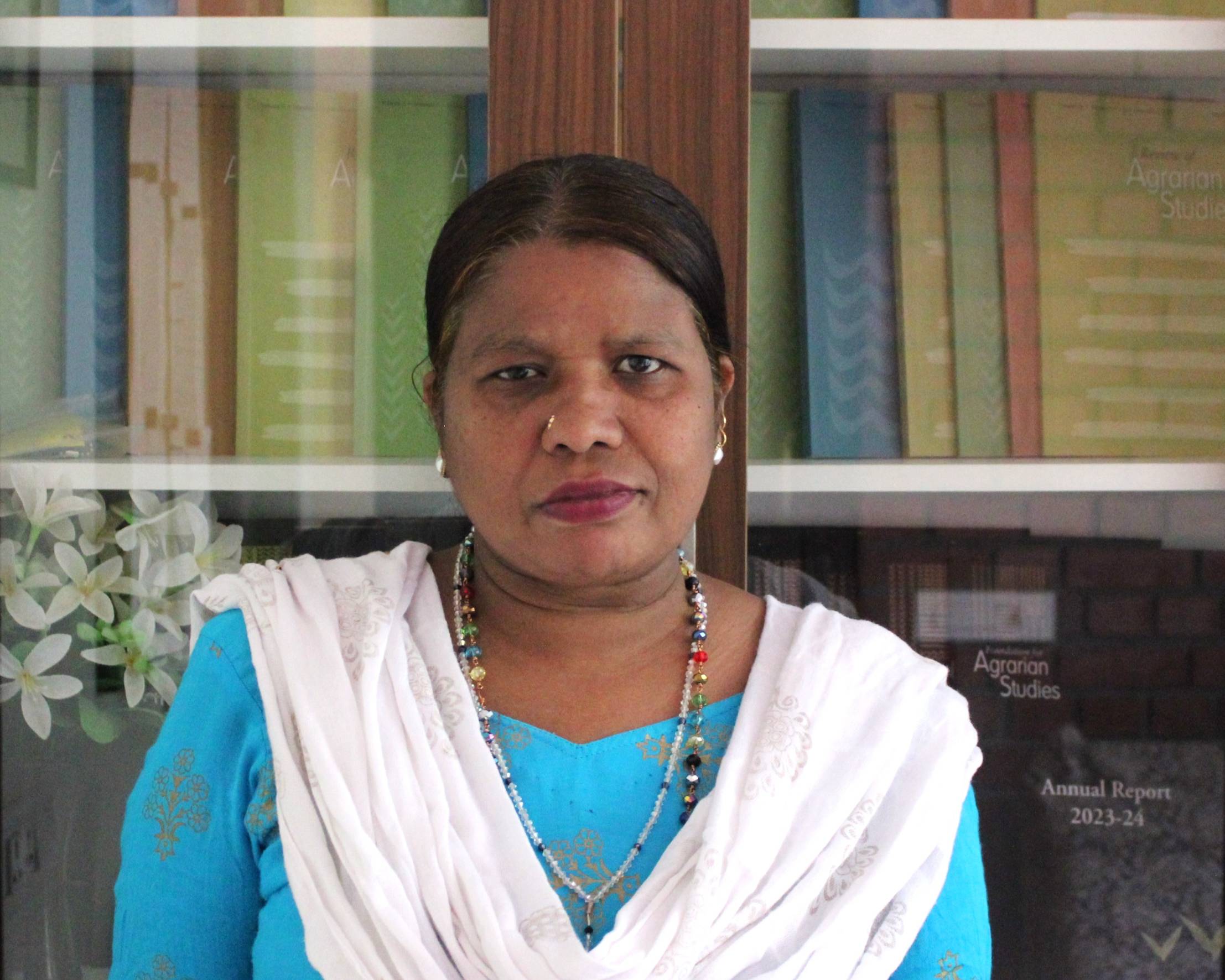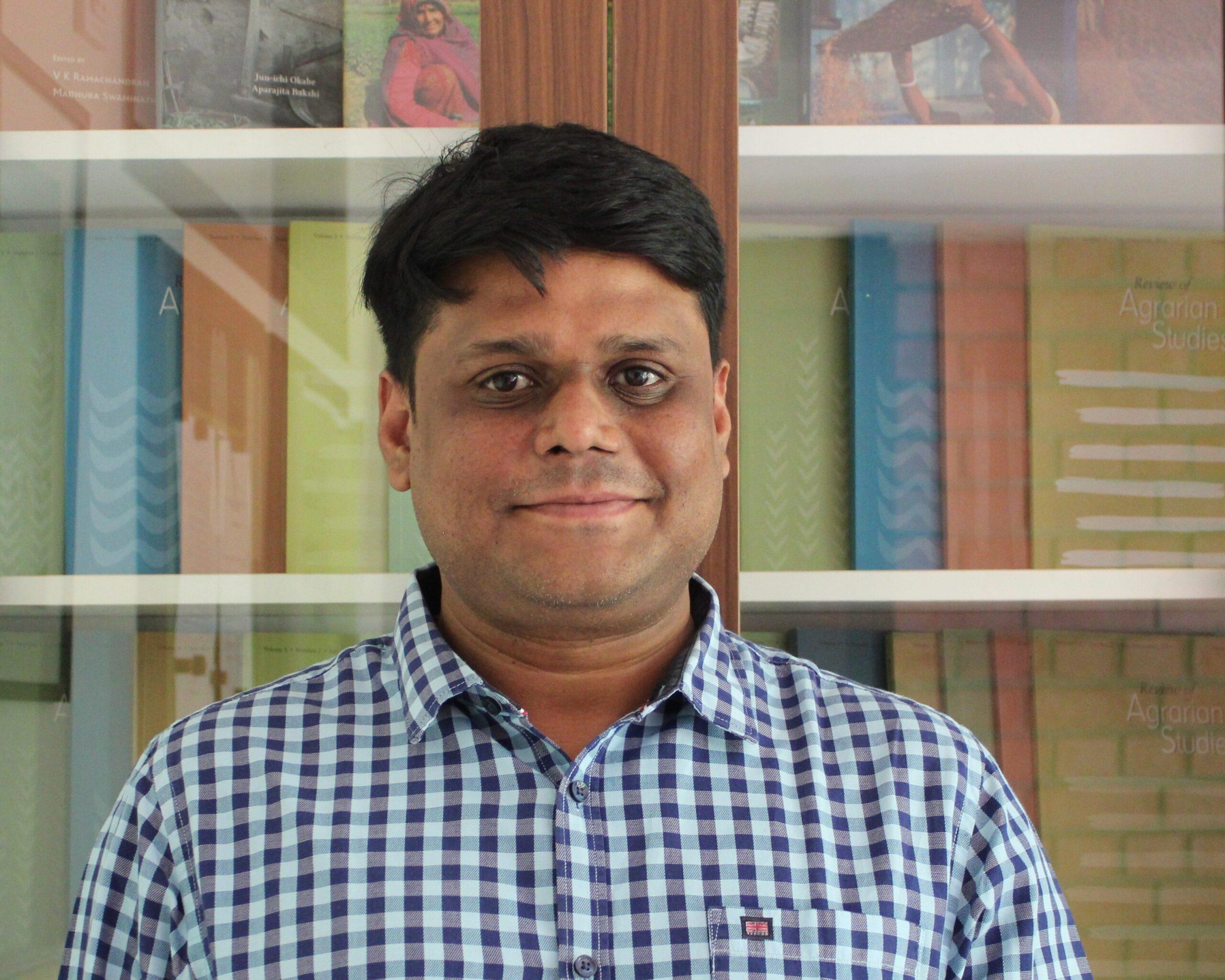Consultation on Data from FAS Village Studies Programme
The Foundation for Agrarian Studies (FAS) conducted an online data workshop on Thursday, April 7, 2022, to explore the research possibilities that lie ahead for the data archive that it has prepared as part of its village studies programme, Project on Agrarian Relations in India. The workshop was attended by more than 40 research scholars from various academic institutes including Azim Premji University, Banaras Hindu University, Indian Institute of Technology Guwahati, Indian Statistical Institute, Bangalore Centre, M S Swaminathan Research Foundation, etc.
The Project on Agrarian Relations in India (hyperlink) hosts a rich database on several socio-economic characteristics of households spread across diverse agro-ecological regions of the country. At present, we have data covering 27 villages from 12 States of India.
The workshop was organised with the following agenda:
1. To explore possible new research questions that can be undertaken based on this data,
2. To explore the possible institutional platforms to present the methodology and database of the village studies programme,
3. To reach out to potential collaborators who might be interested in working on the database, and/or learning the methodology,
4. To explore avenues for future research collaboration.
Sandipan Baksi, Director, Foundation for Agrarian Studies kicked off the proceedings by introducing the Foundation and its work. He took the attendees through the work that the Project on Agrarian Relations in India has done over the years. His presentation stressed on the Foundation’s intention to encourage the use of its primary-data archive among research scholars who are interested in the field of agrarian studies and different socio-economic aspects of rural life in India.
Arindam Das, Joint Director, Foundation for Agrarian Studies, and the lead of the Village Studies programme elucidated FAS’s method of village studies and showcased some interesting findings from different research projects based on the village studies programme. His presentation also threw light on the tools that the Foundation has used over the years as part of this programme.
A fruitful discussion between the attendees and the Foundation’s researchers followed the presentations. New ideas such as conducting panel studies and using the available data for historical and sociological research were floated. Various scholars who have previously collaborated with the Foundation reflected on the insights they gained with the help of its data and method (You can listen to some of these scholars in the Young Scholars’ Corner podcast series). Other scholars, not familiar with the work of the Foundation, expressed their keenness to explore the Foundation’s method and database.
